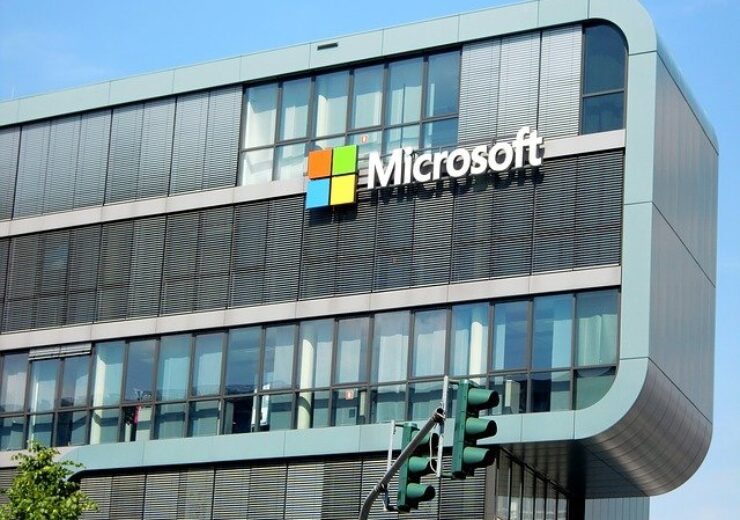As part of the deal, Nokia will supply its 7250 IXR chassis-based interconnect routers and fixed-form-factor platforms to the tech major’s data centre networks

Microsoft selects Nokia for data centre switching solutions. (Credit: efes from Pixabay)
Nokia has secured a multi-faceted deal under which it will provide its data centre switching solutions for Microsoft’s data centre networks to underpin the bandwidth growth to Microsoft Azure.
Under the deal, Nokia will supply its 7250 IXR chassis-based interconnect routers.
According to the Finnish telecom company, its routers will support high-density 400GE applications in the ‘tier-2’ network architecture of Microsoft.
Apart from that, Nokia will be supplying fixed-form-factor platforms into other network applications of Microsoft.
The new agreement between Nokia and Microsoft is said to consolidate upon their collaboration as part of the open source SONiC initiative to build chassis-based platforms focused on the needs of high-capacity data centres.
Microsoft Azure networking technical fellow and corporate vice president David Maltz said: “Nokia’s platforms were a natural choice to deliver the massive-scale interconnectivity that Microsoft requires.
“Nokia brings density, performance and flexibility to Microsoft’s data center networks and cloud environments and is partnering with Microsoft to deliver chassis switches running the open source networking operating system SONiC.”
Nokia claimed that its next-generation data centre switching portfolio platforms offer the scale, aggregation, openness, and interconnectivity needed for modern data centre networks.
The 7250 IXR interconnect router is said to offer a wide variety of high-performance chassis-based and fixed-form-factor options for data centre top of rack (TOR), spine, leaf, and super-spine applications. The platforms are designed to support port speeds up to 400GE, with a path to 800GE.
Nokia IP networks division vice president Vach Kompella said: “Today’s data centres have their own unique operational challenges, and Nokia has been working closely for some time now with Microsoft to understand its evolving data centre needs and requirements. Our expertise in building high-performance, chassis-based systems was a key factor in our selection.”
Last month, Nokia deployed a private wireless network for Antofagasta Minerals to support secure and reliable operations at its Minera Centinela copper mine in Chile.


